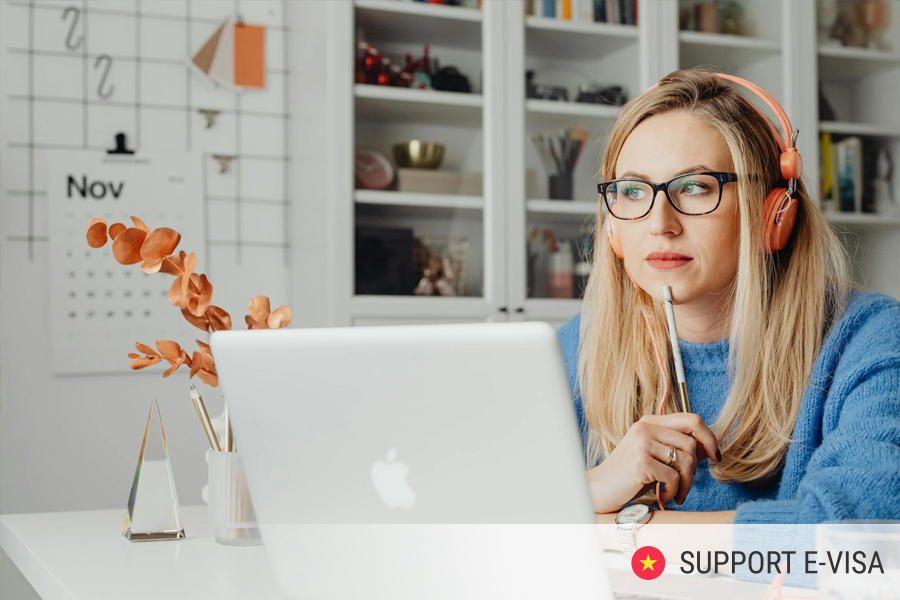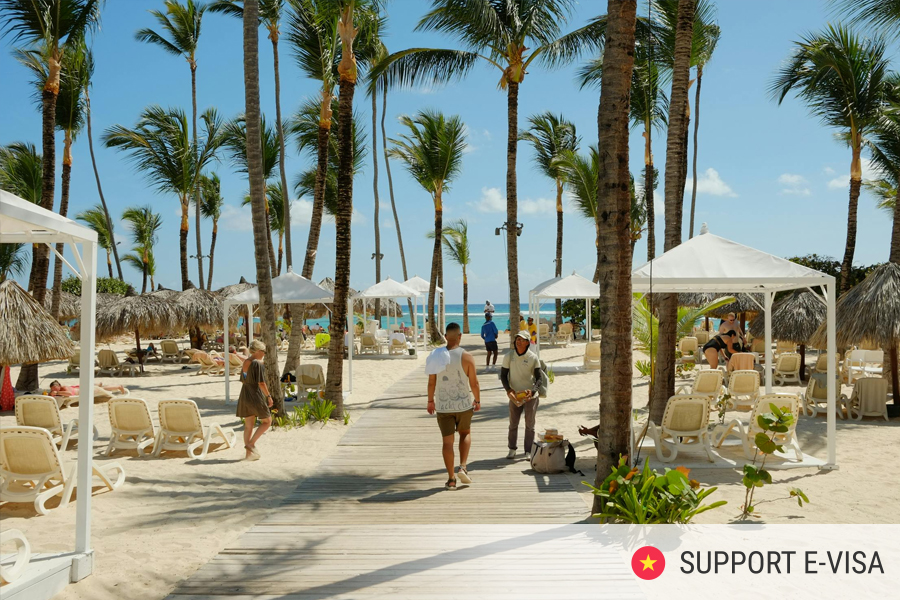Common Vietnam Visa Scams (And How to Avoid Them)
15-06-2025
Applying for a visa should be a simple process, especially with the convenience of the Vietnam e-visa system. However, as more travelers turn to online platforms for their Vietnam visa online, scammers have found ways to take advantage of unsuspecting applicants. Whether you're a first-time visitor or a frequent traveler, it's important to be aware of common Vietnam visa scams—and how to avoid them.
This guide outlines the most frequent scams targeting travelers and offers tips to help you apply Vietnam e-visa safely.

1. Fake Vietnam E-Visa Websites
One of the most common scams is fake websites pretending to be official Vietnam e-visa portals. These sites often charge high service fees or collect your personal information without submitting any application at all.
How to avoid it:
Always verify the website's credibility. Look for secure HTTPS connections and avoid suspicious links promoted in ads or forums. When in doubt, use a verified Vietnam e-visa agent or a reputable travel agency.
2. Overpriced “Urgent Processing” Scams
Some websites advertise a fast Vietnam visa but charge inflated fees without delivering on time—or at all. They may offer "express" services that don’t exist or claim to have connections with immigration authorities.
How to avoid it:
Check real user reviews before paying. While fast Vietnam visa services are legitimate when provided by trusted agents, extremely high fees or vague timelines are red flags.
3. Phishing Emails After Application
Scammers sometimes pose as immigration officers and send fake emails asking for extra payments, additional documents, or confirmation clicks. These emails may look official but are designed to steal your information.
How to avoid it:
After submitting your Vietnam e-visa application, only communicate through official channels or a verified Vietnam e-visa agent. Never send additional documents or payments via unverified links or emails.
4. Bogus “Visa on Arrival” Approval Letters
Some travelers have received fake visa approval letters for visa on arrival, only to be denied boarding or entry at the airport. These letters often come from unlicensed websites charging low upfront fees to attract tourists.
How to avoid it:
Use the Vietnam e-visa instead of visa on arrival whenever possible. The Vietnam e-visa is safer, faster, and doesn’t require paying at the airport. For visa on arrival, ensure you’re using a reputable Vietnam visa support service.
5. Misleading Services for Chinese Applicants
Travelers looking for a Vietnam e-visa for Chinese citizens are particularly targeted, as some third-party platforms misuse the language barrier or passport format differences to confuse applicants and overcharge them.

How to avoid it:
Use a Vietnam e-visa agent with experience in handling nationality-specific cases, especially for Chinese travelers. Proper Vietnam visa support ensures your application is accurate and compliant.
- How to Stay Safe When Applying for a Vietnam Visa
- Only use official government websites or trusted agents like supportevisa.com
- Never share your passport or payment details with unverified sources
- Avoid deals that seem too good to be true
- Always ask for a clear breakdown of service fees and turnaround times
Apply now at supportevisa.com
Or message us via our Fanpage anytime!

